Space: The Final Coffee Frontier
For paid subscribers: From the preposterous tech startup that wanted to roast coffee in space to espresso on the International Space Station, there’s a lot of coffee up there.

Two hands cradle a coffee cup with latte art, resting on a folded newspaper. Via Pixabay.
Hello and welcome to yet another edition of the Coffee News Roundup.
Not a huge number of stories in the coffee world this week, but let’s take a look at what’s been going on.
Modern day slavery in the coffee industry is an ongoing issue. Going back several years there are stories of workers being rescued from awful, squalid conditions, and of big companies caught up in supply network controversies.
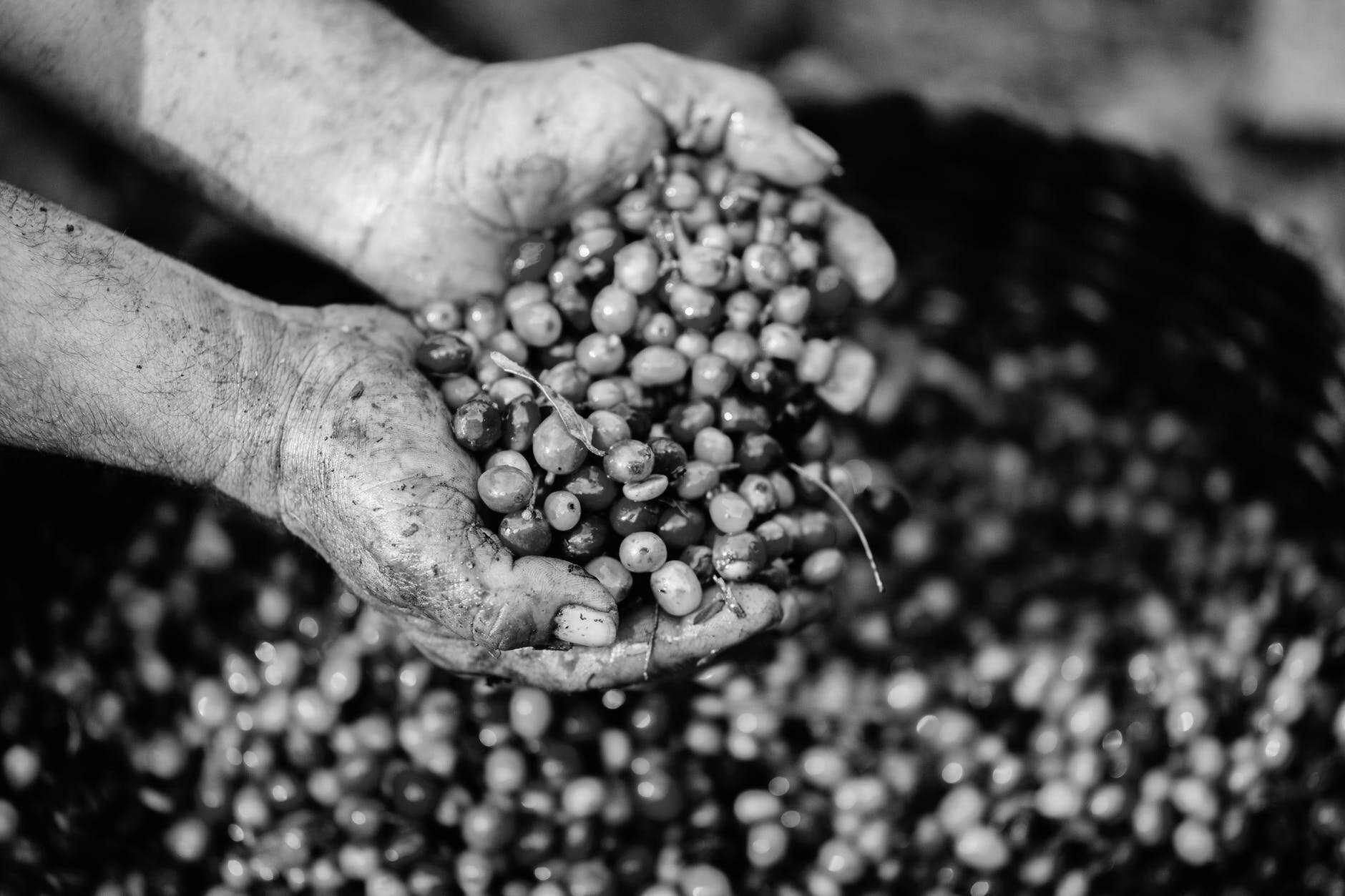
Hands holding freshly picked coffee beans. Via Pexels
All these stories focus on Brazil for some reason, and now a nonprofit with the extremely bland name of Global Coffee Platform is launching an “initiative” to “tackle” the crisis in, where else, Brazil.
What are they doing, specifically? Um. Well. According to Daily Coffee News, “the four-year initiative will involve a broad range of implementing partners such as coffee cooperatives, traders and extension service providers, with funding from international coffee roasters, retailers and coffee service partners.”
Great. But what are they doing, specifically? Well. Um. “The group says the project is designed to identify the underlying conditions leading to modern day slavery then develop a leadership network for scalable, region-wide behavior changes.”
Cool. The list of participants is long and wealthy, including Jacob Douwe Egberts, Melitta, Olam, Fairtrade, Tesco, and Nestlé. They must be investing a lot of money in this, right?
“The GCP has not publicly attached a dollar amount to the initiative,” says Daily Coffee News. Of course.
Wait a second. Jacob Douwe Egberts? Nestlé? Those names sound familiar.
Oh yeah. From a Guardian report in 2016: “Two of the world’s biggest coffee companies, Nestlé and Jacobs Douwe Egberts, admit that beans from Brazilian plantations using slave labour may have ended up in their coffee because they do not know the names of all the plantations that supply them.”
Maybe these companies have realized the error of their ways. Maybe they’re truly looking to help the impoverished migrant workers who pick their coffee. That article was from 2016. Surely a lot has changed in four yea—oh.
“Exclusively obtained data, analysis of public records, and dozens of interviews revealed coffee produced by forced labor was stamped slavery-free by top certification schemes and sold at a premium to major brands such as Starbucks and Nespresso.” That’s from a Reuters investigation all the way back in December 2019.
Of course, the simplest way to dismantle modern slavery and improve these workers’ lives would be to pay more for coffee. Cheap coffee, low prices, and ultra slim profit margins force desperate producers to look for ways to cut costs—one way to do that is to use forced or indentured labor.
It’s also exacerbated by big companies looking the other way, pretending not to realize that their obsession with low prices fuels this ongoing crisis.
But it’s fine, because they’re part of a four year initiative to vaguely do some stuff and get lots of publicity at the same time.
Now this here is exactly my thing.
Who wouldn’t want to play a game that is part nerdy spreadsheet-based management simulator and part graphic novel-esque detective story? And it’s about coffee?
Sign me up.
Read the full story (and watch the trailer) here.
Record-breaking Auction For Nicaraguan Coffee Farmers
Just In Time For Summer: Kahlúa’s Ready-To-Drink Boozy Nitro Cold Brew
Former Dave’s Coffee Employees Laid Off During Pandemic Upset Over New Job Posting
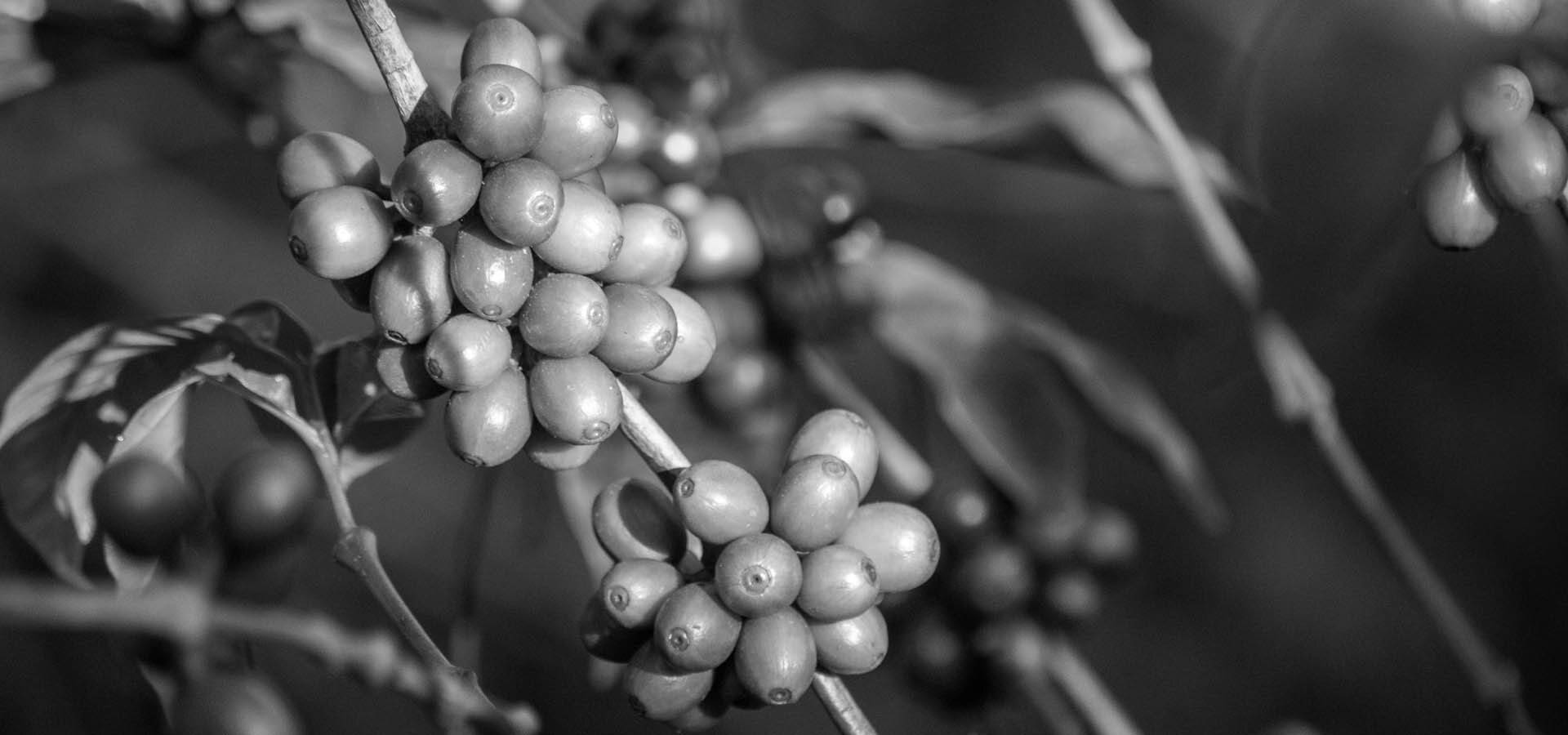
Coffee cherries on a branch
Good news everybody. Starbucks is joining eight other corporate giants—including Nike, Maersk, Microsoft, Danone, and Mercedes-Benz—in a new initiative called Transform to Net Zero.
The goal? “To accelerate the transition to a net zero global economy no later than 2050,” according to Global Coffee Report.
To do this, the companies will, per a story in GreenBiz, “Encourage businesses around the world to adopt science-based climate targets that address the environmental impact of their full value chains, sometimes known as Scope 3 emissions” and “Share information on investing in carbon-reduction technologies and to collectively push for public policies that accelerate the net zero transition.”
Sounds great! Lots of excellent corporate-speak there.
Again, as always, it bears repeating that of course it’s good that big companies are taking these steps. It just. . . feels like maybe it’s not enough?
Siberia is on fire. The Amazon is (still) on fire. A pandemic is ravaging the world, a situation which is more likely to occur again in the future due to climate change.
Maybe they should be doing more, with their billions of billions of dollars of profit and massive externalized risks?
Any maybe—just maybe—they shouldn’t be getting fawning praise for what, judging by the many articles, amounts to some wishy-washy plans and not a lot of concrete solutions.
Drinking up to five cups a day has “no long-term risks” according to an article in Insider and in fact reduces “the risk of chronic diseases, according to a review published July 23 in the New England Journal of Medicine.”
Huzzah!
95 different studies were, well, studied for this review, which tried to collate all the currently agreed upon science around coffee and health. The results?
“Coffee-drinkers have a slightly lower risk of obesity, heart disease, and some forms of cancer and dementia.” Yeah!
“The drink is also linked to lower risk of many chronic illnesses such as cardiovascular disease, liver disease, breast cancer, prostate cancer, and several types of skin cancer.” Heck yes!
“According to the review, these benefits are mild. Studies suggest a strong enough association that the benefits are promising, but not so much so that medical experts recommend starting to drink coffee if you don't already.” I’ll take it!
Bartholomew Jones: The Sprudge Twenty Interview by Jordan Michelman
Meet The Barista Coalition, A Coffee Family From LaChrista McArthur by Nick Brown
Want To Make Profits From Coffee In China? It's Actually A Grind by Sophie Yu and Brenda Goh
Until next week, drink good coffee. Support local coffee roasters. Wear a mask.
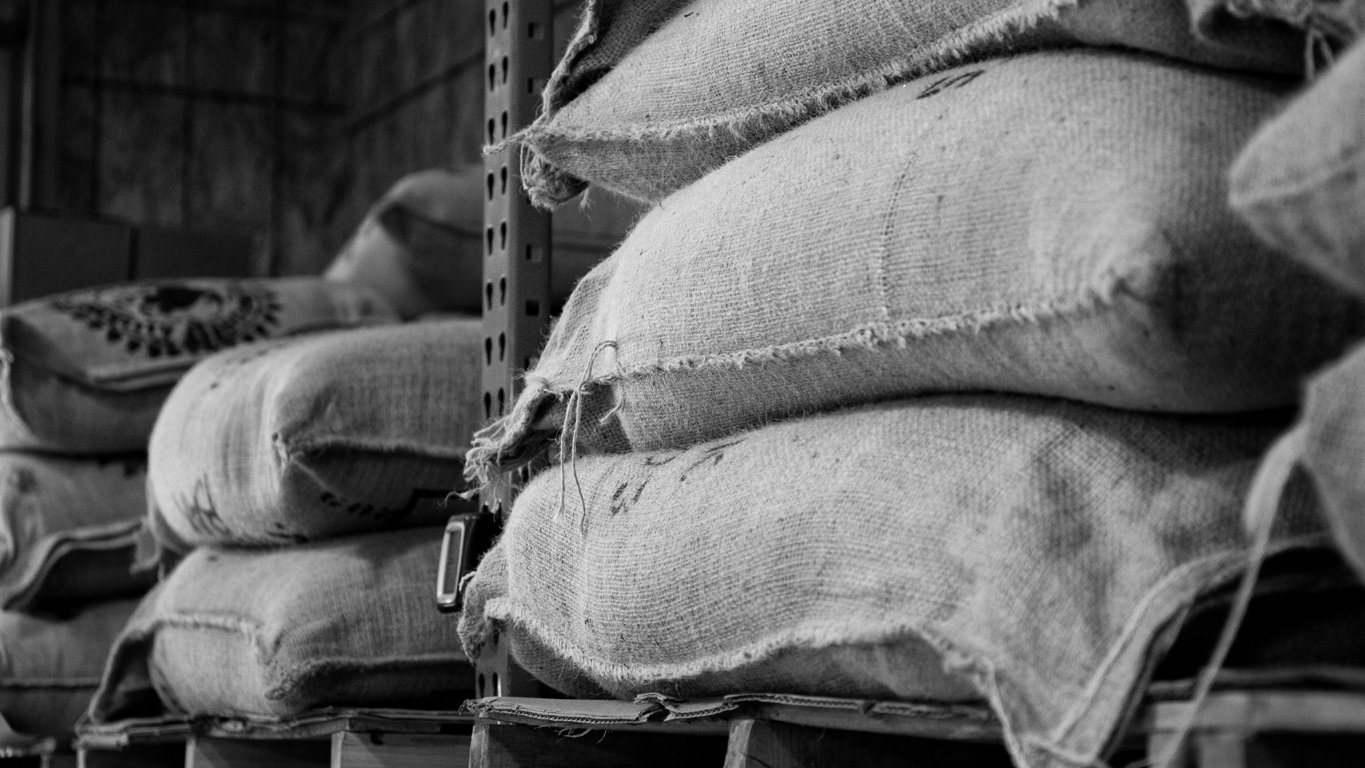
Nov 24, 2023 Connecting the Dots: Inside the 2023 Coffee Barometer Nov 24, 2023 Nov 24, 2023
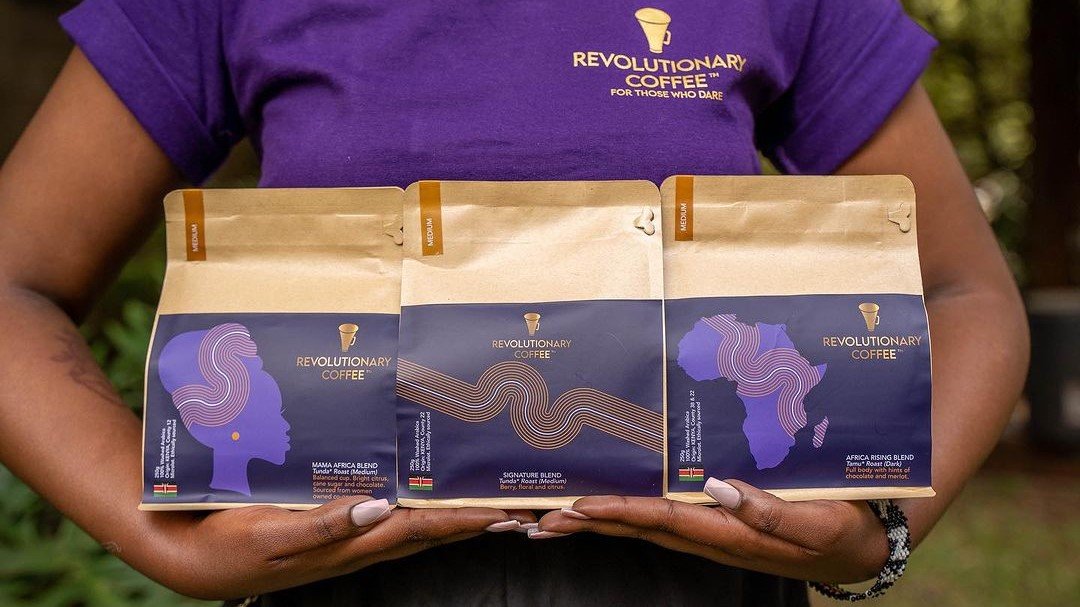
Oct 21, 2023 'Specialty Coffee Should be Enjoyed by Those Who Grow It': The Farmer's Daughter Joining Kenya's Coffee-drinking Revolution Oct 21, 2023 Oct 21, 2023
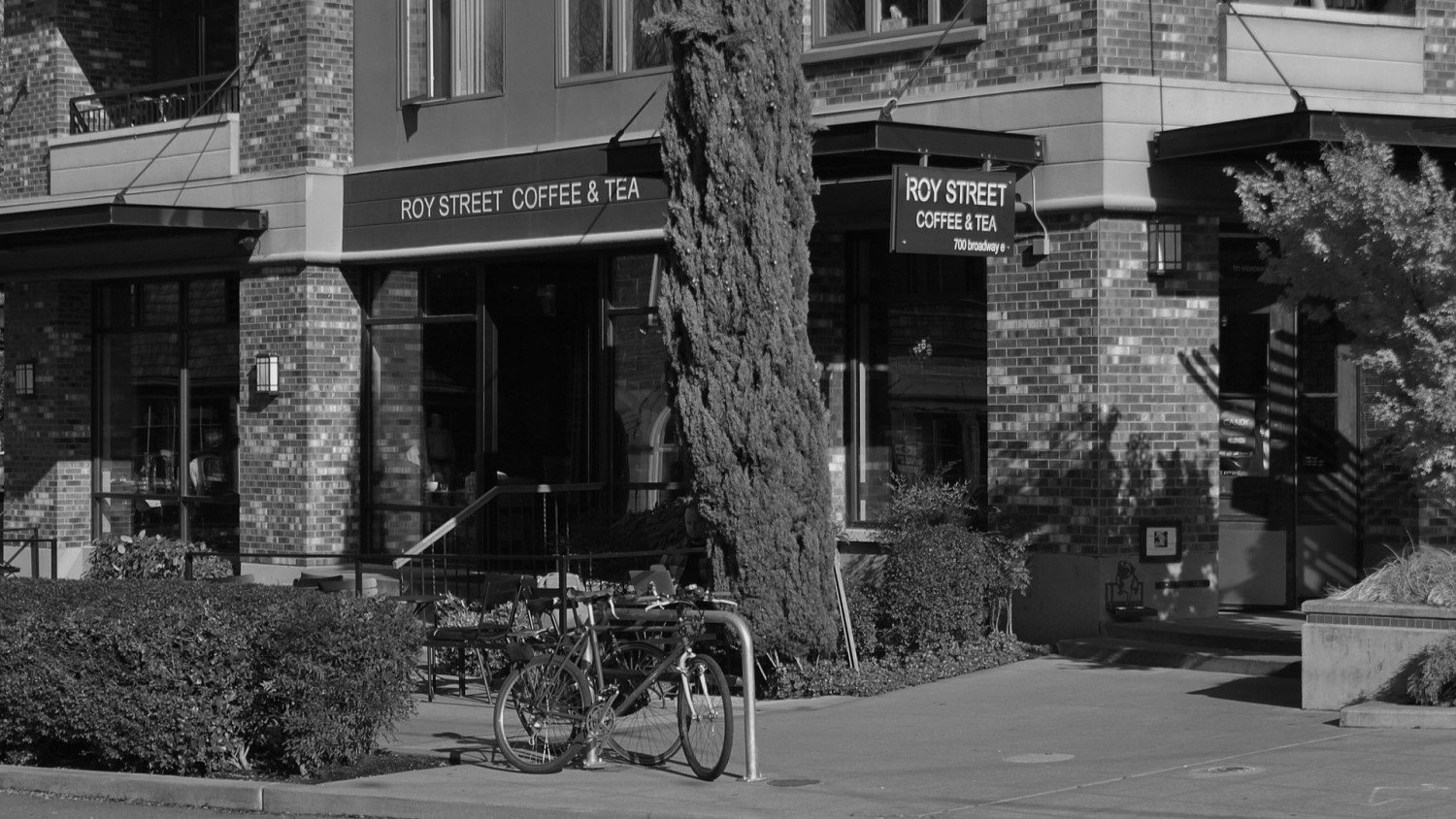
Oct 6, 2023 Stealth Starbucks: A Premonition of Modern Specialty Coffee Oct 6, 2023 Oct 6, 2023
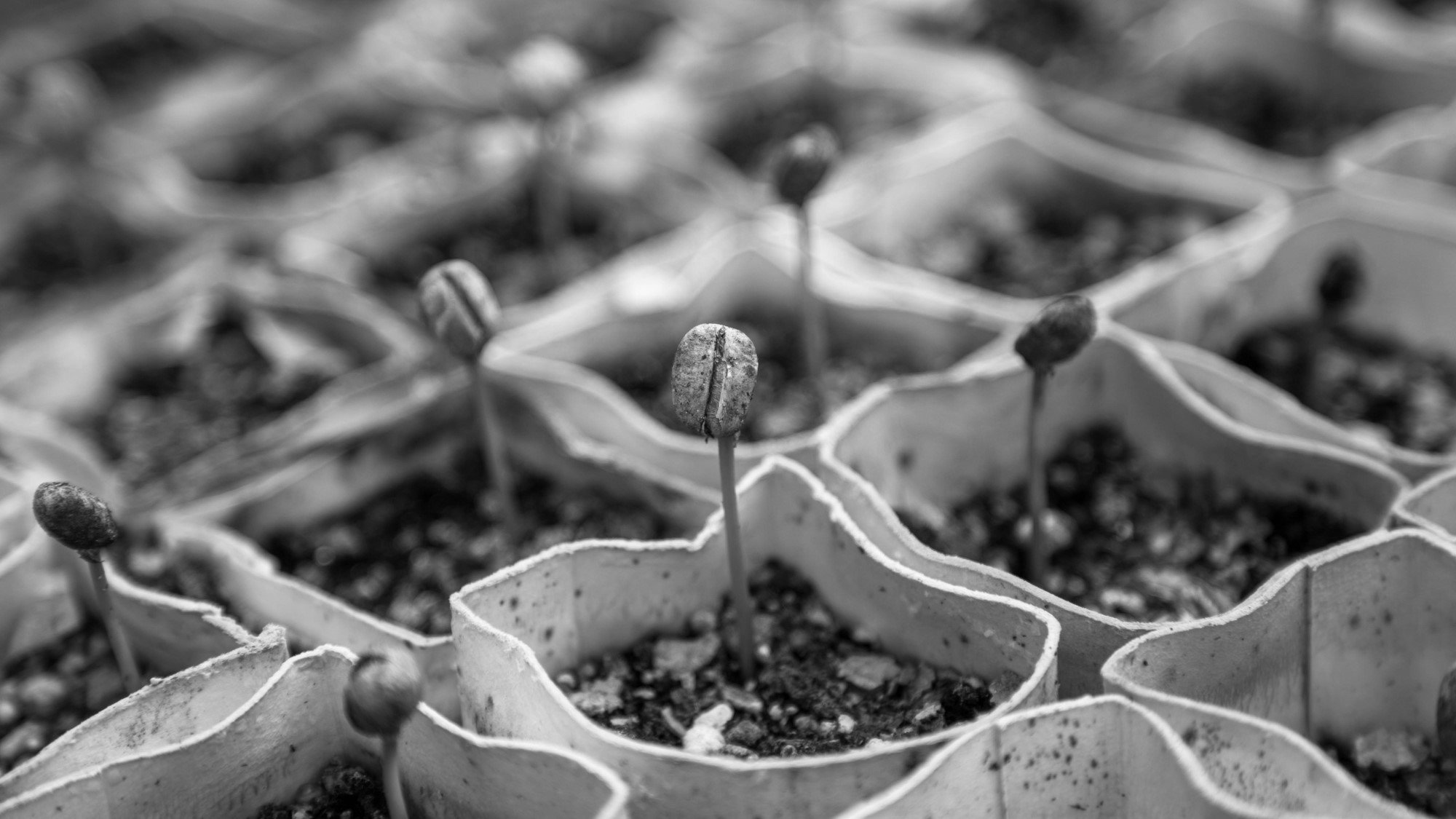
Sep 22, 2023 Can the Coffee Change Fund Save Coffee? Sep 22, 2023 Sep 22, 2023
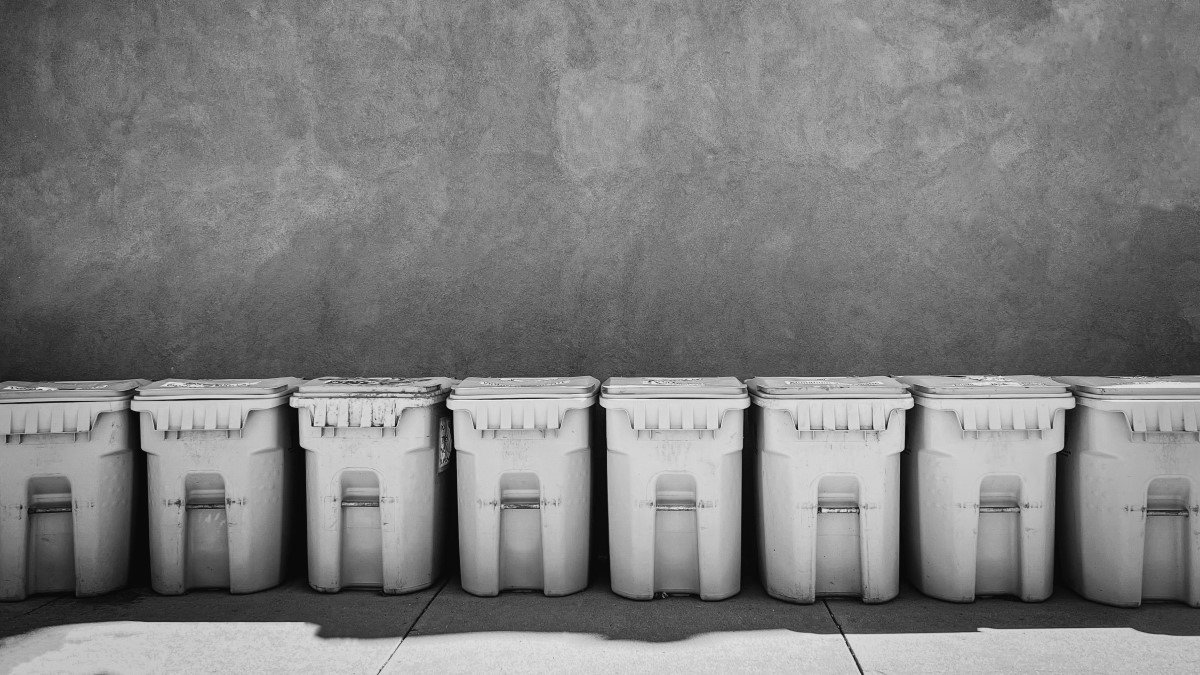
Sep 8, 2023 Upcycled Coffeewashing Sep 8, 2023 Sep 8, 2023
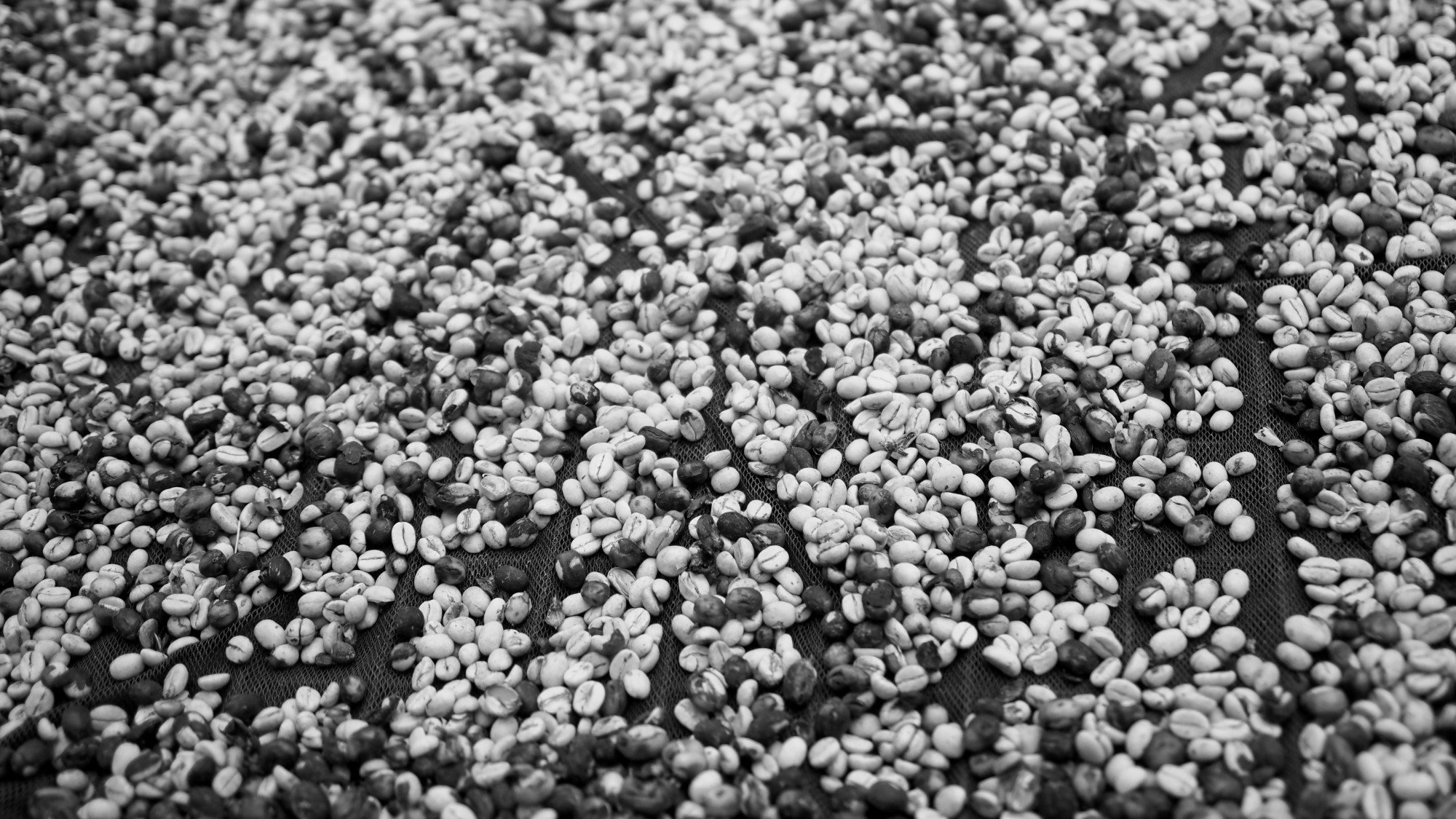
Aug 25, 2023 From A Concerned Farmer Aug 25, 2023 Aug 25, 2023

Aug 11, 2023 Philly is a (Coffee) Union Town Aug 11, 2023 Aug 11, 2023
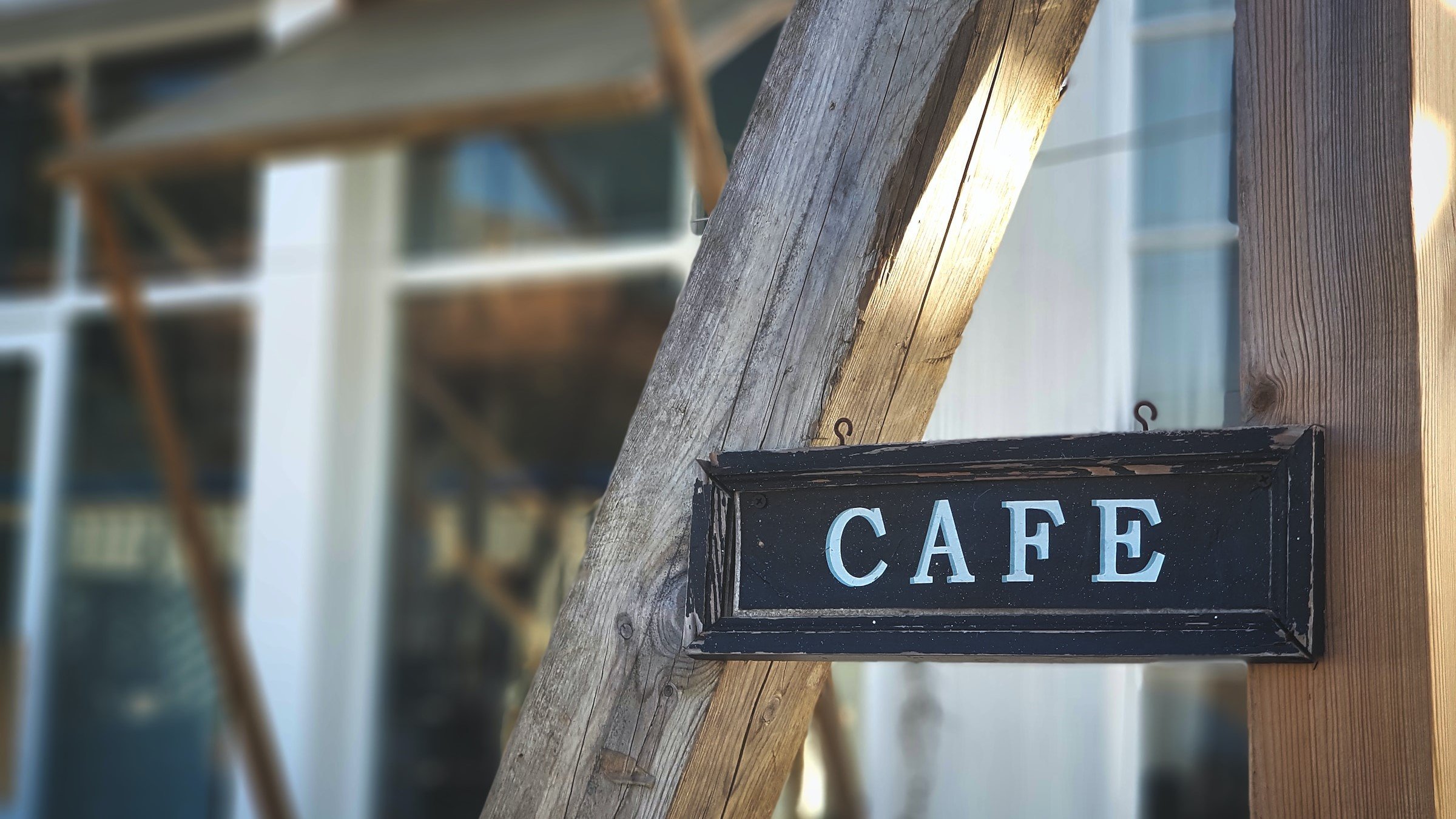
Jul 28, 2023 South Korea's Coffee Wars Jul 28, 2023 Jul 28, 2023
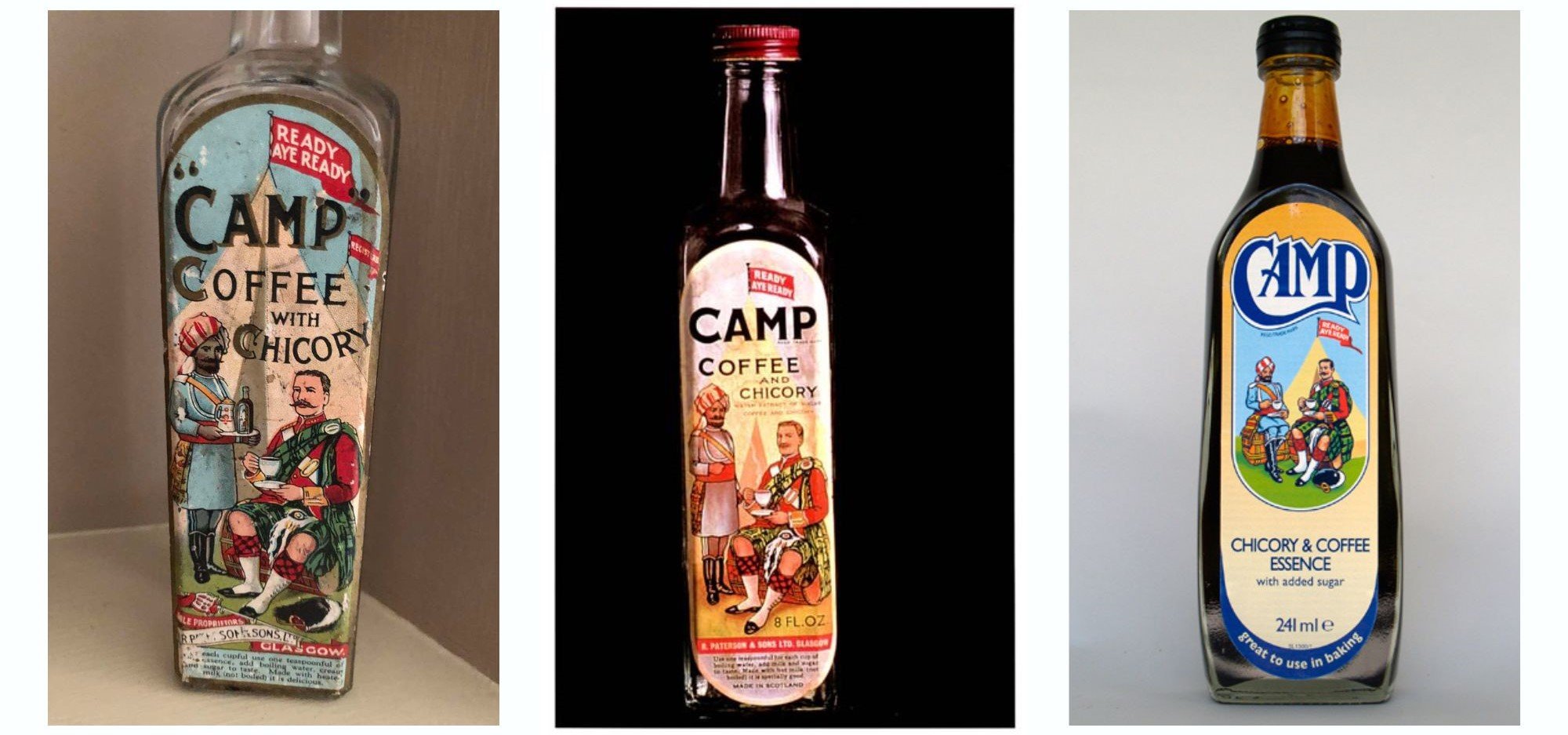
Jul 14, 2023 Camp Coffee, Colonialism, and the Evolution of a Brand Jul 14, 2023 Jul 14, 2023
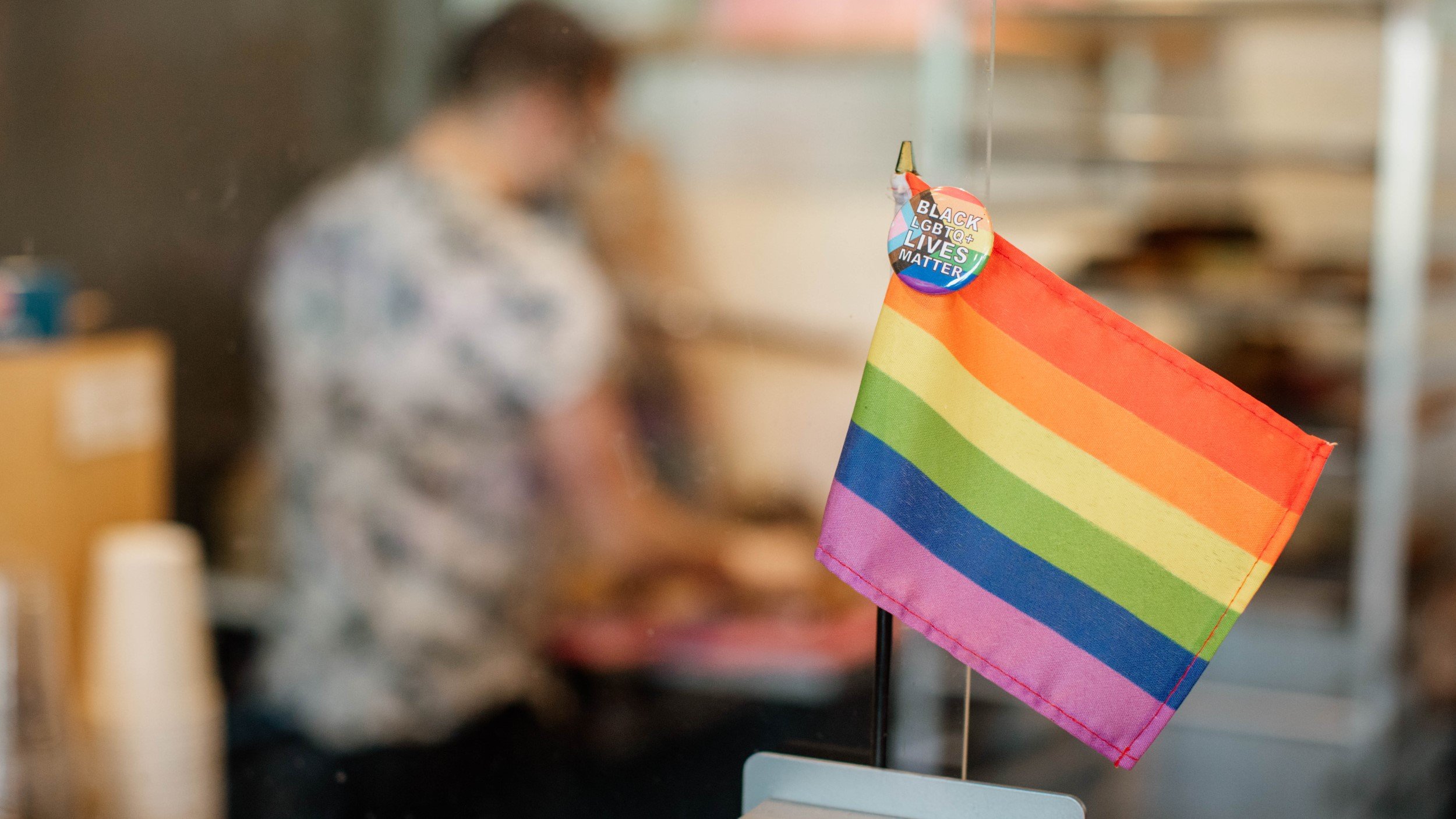
Jun 30, 2023 Defiance and Gay Frog Donuts: How Strange Matter Coffee is Navigating the Anti-LGBTQ+ Backlash Jun 30, 2023 Jun 30, 2023
Deeply researched articles exploring all the ways coffee connects to politics, history, and culture—delivered direct to your inbox